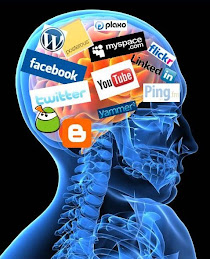
It may sound like a pain to do, but taking the time to write out a social media policy for your company can be the best thing you do for both company and those who participates in social media. A comprehensive social media policy is a roadmap that protects the business and their employees. Most businesses choose to be proactive with their social media policies and layout the groundwork up front and all at once. Others choose to develop a working document that evolves as the company grows. One approach isn’t necessarily better than the other, however, it’s a good idea to apply a few key elements to ensure that your social media policy is well structured and effective.
1. Clear & Fair
Social media policies should be clear and fair so that people will read and remember them. Save the fluff and get right to the point.
2. Expectations
We all utilize some form of social media each and every day. Chances are that clients, customers and even potential clients are watching what you do and your employees. This doesn’t mean that a strong hold should be put on the employees, but you should make sure that common sense is exercised. Information on the web travels quickly and once it’s out there – it’s out there. Think twice before hitting the send button.
3. Educate, Educate, Educate
Make sure that everyone is aware of what social media campaigns are underway, where you have a presence and what communication you’re sharing with the public. For example, designating specific internal correspondence as ‘must-read’ can alert your staff to press releases about new product launches, promotions and terminations and other company-related data.
4. Protect Assets
Set-up guidelines that share what employees can and can’t mention in social media contexts. This could be anything from trade secrets, proprietary technology or even sensitive documents. Provide examples if needed.











